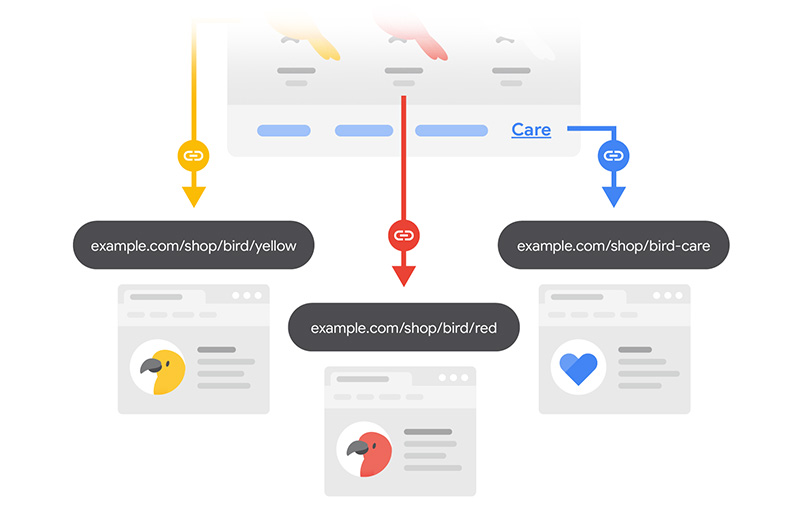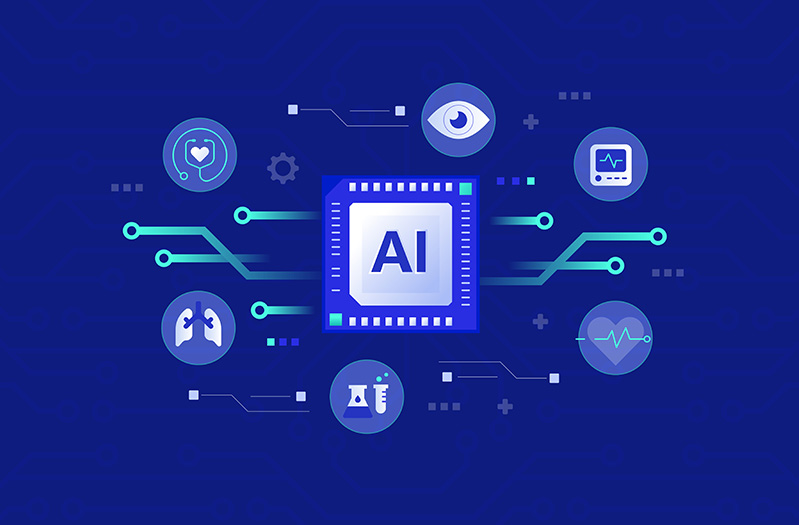Google’s upcoming alteration to the Google algorithm threatens to render traditional SEO entirely ineffective. This shift can severely impact your business’s ability to be found on Google, get clients, and, by extension, make money. If you’re not ready for this change, you’ll lose out to the competitor who is.
Don’t panic just yet!
I’ll do my best to explain why traditional SEO will be obsolete in 2024 and introduce a new strategy that surpasses SEO in ways it could never deliver. If you are ready for a new, different kind of opportunity, that is.
To better understand the upcoming opportunity. We must examine SEO and why something so tried and tested is beginning to lose relevancy in the rapidly advancing world of digital media.
In 2010, Search Engine Optimization, or SEO, was a much more approachable task. You could build a simple website for your business without too many articles or “blog” posts. The internet was smaller then, so approaching other creators or blog owners who created content about your industry was pretty simple. Make your intention to get backlinks clear and agree that you and this other person would create articles or content for each other’s websites and reference each other using backlinks. Using this strategy, we consistently ranked highly on Google and other search engines.
People often get so focused on a task that they need to remember to ask themselves if this will solve their problem. For example, in 2010, everyone told me I needed to focus on SEO to make myself more visible online. I do my homework; I spend a month working on the website, improving my keywords, and creating content. Now that I’m ranked highly on Google, I am getting many phone and video calls, but I am still a stranger to these individuals, and building that kind of trust in that small window of time is tricky. My problem was that I wanted more sales. I thought SEO could fix that, but ultimately, it led to many needless phone calls with people who needed help understanding what I was selling them.
 Backlinks visualized
Backlinks visualizedIntroducing AI
In 2010, there were around 255 million websites; that number has since ballooned to a MASSIVE 1.3 BILLiON. We now need to compete with over a billion websites, which isn’t even the biggest hurdle. AI is creating big waves in the digital space because it is a powerful tool that helps people create content quickly. However, like most tools, it is improperly used, like an overzealous weed trimmer that also hacks away most of the flowers while trying to remove the weeds. AI is damaging the effectiveness of SEO for many reasons, but let’s focus on the top three.
1.) Remember all of those informative articles recommended for SEO? AI will soon handle those as people are increasingly turning to chatbots. Google’s launching a self-answering AI feature called “Search Generative Experience.” Imagine searching for recipes and receiving AI-generated responses, refining your search with follow-up questions. This rollout is already underway and expected to serve all major searches by mid-2024.
2.) Another factor is the accessibility of tools like ChatGPT, enabling widespread SEO content creation. This flood of articles saturates the internet, demanding louder voices to stand out amidst the cacophony of competition.
3.) Backlinks are crucial for high Google rankings, but AI disrupts SEO by making backlink acquisition more difficult. Backlinks are links from other websites to yours, and they have traditionally been obtained by proposing to write for a blog in exchange for a backlink. However, with the rise of AI-powered writing tools, it has become more accessible for people to write articles for their blogs, making securing backlinks more challenging. The time and effort required to obtain just one backlink can often exceed that of writing numerous posts. While backlinks remain essential for achieving high Google rankings, getting them has become significantly more difficult due to AI.

I’m not here to discredit AI; it’s an invaluable tool no business should overlook. However, its unintended SEO effects demand attention. So, what does the future of SEO hold, not just for 2024 but beyond? Some may be surprised and intimidated by what I’m about to say. However, those who embrace doing what others won’t will achieve great results.
The pivot is straightforward
Shift focus from Google to the next major search engine, YouTube. Yes, YouTube ranks as the second largest search engine globally, offering more than mere search functionality. SEO is excellent for marketing, but YouTube combines marketing and sales seamlessly. In essence, YouTube solved my issue.
After venturing into YouTube, I experienced two distinct types of sales calls: those from Google and those from YouTube. The contrast was striking. Calls from YouTube were notably smoother, with prospects showing tremendous respect and often being pre-sold on my services before the call began.
Video significantly enhances the “know, like, and trust” factor. As my presence grew on YouTube, clients were so confident in me that they would directly purchase services from my website without any prior conversation.
People Trust Video
It’s not just anecdotal; Think Media conducted a study revealing that 42% of individuals prefer collaborating with someone on YouTube over others. I understand your apprehension; SEO feels familiar and secure, while YouTube seems like uncharted territory. However, here are a few compelling reasons why ranking your business on YouTube is ten times more effective than on Google:
Firstly, viewers crave videos crafted by authentic individuals with genuine personalities and experiences. Despite the advancements in AI, it has yet to revolutionize video search on YouTube as it has on Google. While AI companies strive to produce lifelike videos, they have yet to reach that level of authenticity.
YouTube video search offers a unique advantage: double exposure. While YouTube ranks second only to Google in search, creating video content presents an opportunity to rank on both platforms.

Search Engines Prefer Videos
Google prioritizes video results in searches, as it acknowledges that people prefer watching videos over reading written content. Studies show that 95% of individuals like to watch videos on a topic rather than reading about it. Furthermore, platforms like YouTube and TikTok are becoming increasingly popular among younger audiences, which further emphasizes the importance of video content.
If we have learned anything from Instagram and Facebook, it is that trends popular among younger generations eventually become popular among older generations as well.
Try to think of each video you create and publish on YouTube as a perpetual salesperson for your business that you have only had to pay once for a lifetime of work. Each day, you are generating new leads and attracting new clients. Compared to a blog post that would rapidly become irrelevant and buried under the new content algorithm from Google.
Each time users watch your new video content, YouTube’s recommendation seamlessly guides them from one video to the next, fostering a powerful binge-watching session. The potential client binge-watching your content accelerates the “Know, like, and trust” cycle, significantly increasing the likelihood of converting them to clients. Contrast that with Google search, which lacks a built-in mechanism to bring searchers back to your specific content.
Lighten the Work Load
Another reason to transition to YouTube is that your SEO efforts become significantly less complex. In traditional website SEO, you manage content clusters, perfect keyword density, craft metadata, and ensure optimal content length. Additionally, chasing backlinks is a time-consuming endeavor often beyond your control, relying on others’ decisions, which are more likely to be no.
YouTube streamlines all of that. With YouTube SEO, your primary concern is creating quality videos and incorporating your keyword phrase in the title and description a few times – that’s it. There is no need to fret over acquiring backlinks from other sites; that concept doesn’t apply to YouTube videos. Moreover, YouTube search is merely the starting point. Once your videos gain traction and YouTube begins showcasing them to relevant audiences on its homepage, your growth accelerates even further.
Another reason is that most of your competitors, even those currently outperforming you in traditional SEO, are unlikely to transition to YouTube. It’s a different landscape that intimidates them. This challenge presents a golden opportunity for you to gain a competitive edge. Consider this: YouTube offers immense potential, yet it remains largely untapped by many businesses, particularly in service industries.
Your New Competitive Edge
If your competitors are hesitant to create video content, it presents a tremendous opportunity for you. Embracing YouTube can provide you with a significant advantage. It’s not just about being discovered; it’s about establishing a deeper connection with your audience.
By doing what your competition avoids, you’re not merely playing catch-up but positioning yourself to surpass them. However, not every video guarantees success.